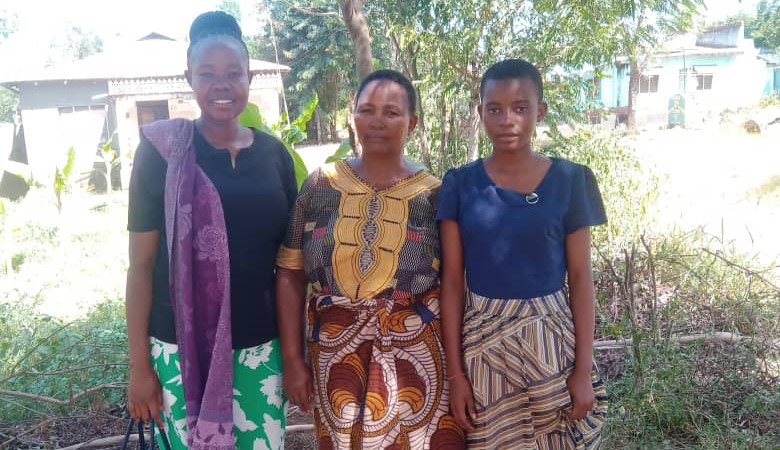We often tell you about family reunions with happy endings, but unfortunately there are also those that don’t work out. Sometimes, the parents or children begin to distance themselves again.
KISEDET remains even more so on the minor’s side in cases like these, by accompanying them with even more determination towards the path where they will have to start the process again together with their family. More often than not, the cause of these failures is attributed to the parent and not the child.
The latest example: a family of three children, two boys and a girl, same mother, but the eldest has a different father.
The reunion took place last year and it was one of the most idyllic cases we had: the children went to school and the eldest, having graduated primary school, was attending the Pre Form I course (before starting secondary school, those who want take private courses especially for English and Mathematics). The mother had left her previous “job” to undertake a more ethical one: instead of prostituting herself, she prepared food to sell to the workers (bricklayers, electricians, plumbers, etc…) who built houses in the area, thanks to the initial capital that KISEDET had provided for her. And so, she was able to pay for her eldest son’s course whilst also taking care of the whole family.
Followed weekly by KISEDET’s social workers, the family began to reunite and live a dignified life. After a few months, as per protocol, the social workers’ visits, proceeded to be biweekly and then monthly.
One day, KISEDET’s social workers happened to pass by their house, unannounced and unplanned and found the children alone. After asking about the whereabouts of their mother, the children replied that she had still not returned home after leaving for work the day before. Furthermore, the neighbors told the social workers that the mother had started prostituting again and that the children had dropped out of school.
KISEDET immediately contacted the government’s social workers, who, after being advised by our staff, decided to once again remove the children from their mother to allow them to continue attending school. The eldest had no intention of going back to school or to distance himself from his mother. Meanwhile, the two young siblings, aged 11 and 9, have been enrolled in a private boarding school about 300 kilometers from Dodoma.

We chose to tell this story for two reasons: one, to show the reality of working with minors and secondly, to talk about how important it actually is to maintain periodic donation over time. The children have been funded over the years by Italian donors, through the SAD project (child sponsorship) of Gruppo Tanzania Onlus, but the challenges are not over yet.
We always notify the donors, with total transparency, whenever a beneficiary is reunited with their family of origin. Sometimes, fortunately rarely, the donor considers family reunification as the final step of our work, and therefore interrupts distance funding instead of continuing to support and fund the minor in their new phase of life with their family. That is what happened around six months ago to the little girl whose story we are telling you about.
You may be asking yourself, who will provide the funds to support her in her studies at a private school, far from her home and the organization? The answer is: all those donors who choose to trust us with donation, instead of child sponsorship, which allows us to flexibly manage our funds and be able to intervene in emergency situations like these.
After a few months, E. and her brothers were picked up by the government’s social services who then re-entrusted them to KISEDET, and the rest of the story has already been mentioned above.
KISEDET and Gruppo Tanzania insist that it is better to send funds and support an entire community rather than a single child.
Furthermore, KISEDET refuses to use photos of minors for fundraising purposes and instead we use photos of the projects which the minors partake in. We thank all our donors who understand and respect our choice, and we thank those who will do so in the future.
